Introduction
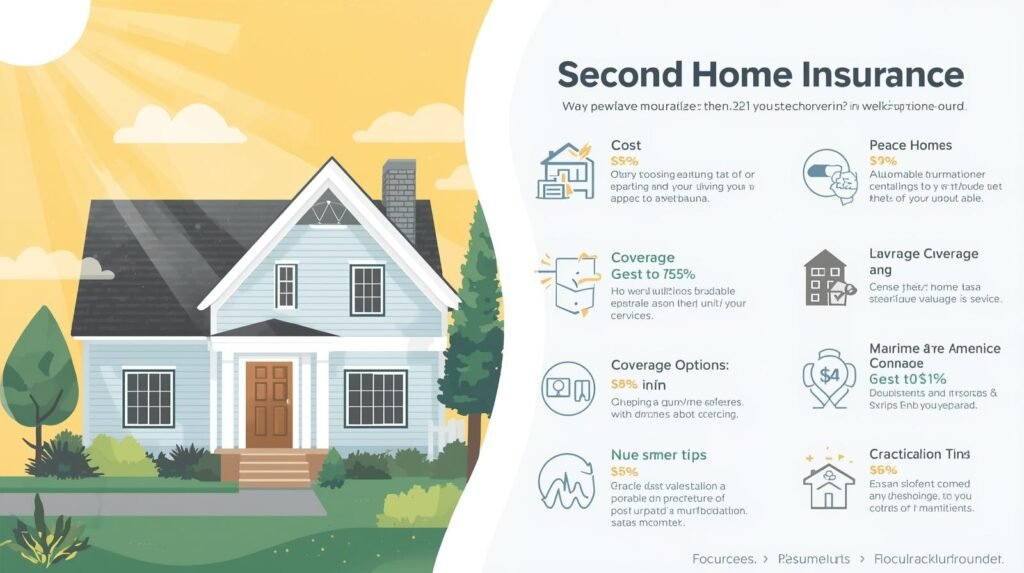
“Second Home Insurance: Costs, Coverage, and Smart Tips for Owners” Buying a second home is exciting, whether it’s a beach cottage, a mountain cabin, or a city apartment. But with that extra property comes extra responsibility, and one of the most important steps is getting the right second home insurance. Unlike your primary home insurance, a second home policy protects against unique risks such as longer vacancies, holiday rentals, and location-based hazards like floods or storms. Without proper coverage, even a small incident could lead to major financial loss. In this guide, we’ll explore the costs, coverage, and smart tips every second home owner should know.
Why Standard Home Insurance Isn’t Enough
Many homeowners assume their standard home insurance will cover a second property, but that’s rarely the case. Insurers see second homes as higher risk because they’re often vacant for long periods or used as holiday rentals. This increases chances of theft, water damage, or unnoticed accidents. A tailored second home insurance policy is designed to protect against these unique risks, giving you peace of mind and financial security for your additional property.
Types of Coverage for Second Homes
When choosing second home insurance, it’s important to understand the different coverage options. A standard policy usually includes building insurance, which protects the physical structure, and contents insurance, which covers personal belongings. You can also add liability insurance in case someone gets injured on your property. For holiday rentals, optional loss of rental income coverage is valuable. Some insurers even offer special coverage for high-risk areas like flood zones or coastal properties. By customizing your policy with the right coverage types, you ensure complete protection tailored to your second home’s unique needs.
Factors That Influence Second Home Insurance Premiums
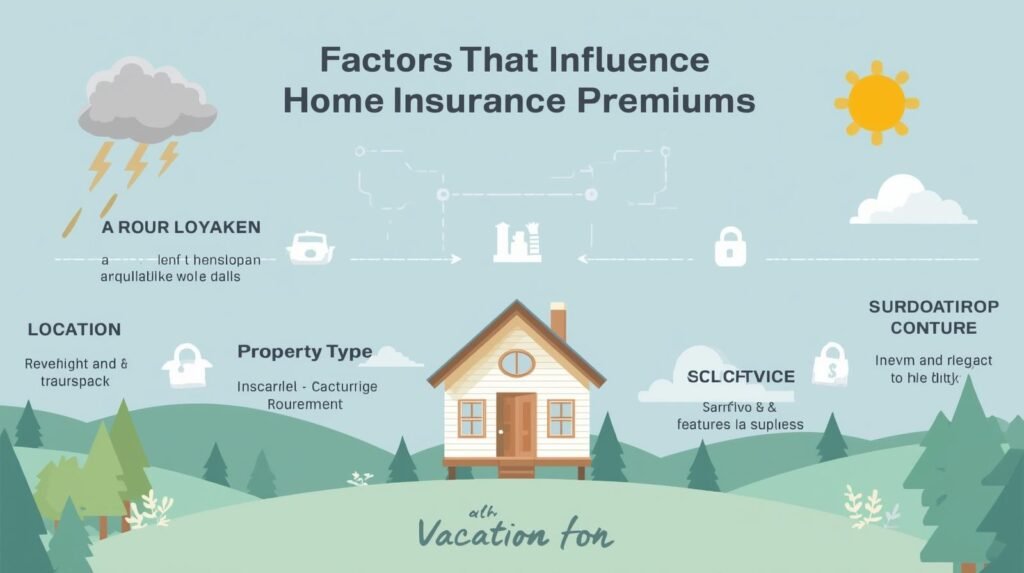
The cost of second home insurance depends on several key factors. Location plays a big role—homes near the coast, in flood zones, or in remote areas often face higher premiums. The property’s usage also matters: a second home that is frequently rented out will usually require broader coverage compared to one used only by family. Security features, such as alarms, cameras, and secure locks, can help reduce costs. The type of construction, rebuild value, and how often the home is left vacant also affect pricing. By understanding these factors, you can compare quotes more effectively and choose the right balance of coverage and affordability for your second property.
Tips to Reduce Second Home Insurance Costs
Second home insurance doesn’t have to be expensive if you take smart steps to lower your risk. Installing home security systems, smoke detectors, and burglar alarms can reduce premiums. Choosing a higher deductible also helps bring costs down. If possible, limit how often your property sits vacant, or hire a caretaker to check in regularly. Bundling your second home insurance with your primary home or auto policy often qualifies for multi-policy discounts. Comparing quotes from different insurers is another simple way to find affordable coverage without sacrificing protection.
Holiday Home vs. Second Home Insurance – What’s the Difference?
Although the terms are often used interchangeably, holiday home insurance and second home insurance are not always the same. A second home is usually a property you own for personal use, perhaps for weekends or seasonal stays. Holiday homes, however, are often rented out to guests, which introduces additional risks such as tenant damage or liability claims. Because of this, holiday home insurance usually includes extra coverage for short-term letting and public liability. Understanding the difference helps you choose the right policy that matches how you use your property, ensuring you’re fully covered whether it’s for family use or rental income.
Do You Need Landlord or Rental Cover for a Second Property?
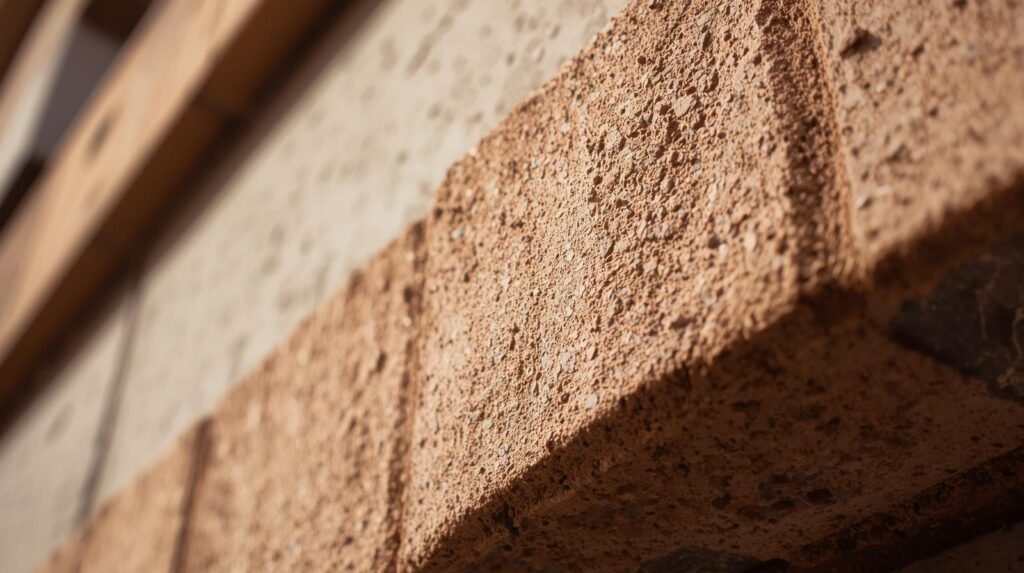
If you plan to rent out your second home, standard second home insurance may not be enough. In this case, you’ll likely need landlord insurance or a rental-specific policy. These coverages protect you against tenant-related risks, such as accidental damage, unpaid rent, and liability if a guest is injured. Some insurers also offer loss of rental income coverage if your property becomes uninhabitable due to fire, flood, or storm damage. Even occasional short-term letting through platforms like Airbnb often requires additional cover. Reviewing your intended property use ensures you stay protected while also meeting your insurer’s policy requirements.
Common Exclusions in Second Home Insurance Policie
While second home insurance provides valuable protection, it’s equally important to know what isn’t covered. Most policies exclude wear and tear, damage caused by neglect, or gradual issues like damp and mold. Some insurers won’t cover long periods of unoccupancy unless you arrange special unoccupied home cover. If your property is rented out, tenant-related damages may not be included without landlord or rental insurance. High-risk activities, such as using the home for business or events, are often excluded as well. Reading the policy carefully helps you avoid surprises and ensures you add any optional cover needed for full protection.
How to Choose the Right Insurer for Your Second Home
Selecting the right insurer is just as important as choosing the coverage itself. Start by comparing second home insurance quotes from multiple providers to evaluate both cost and benefits. Look for insurers with strong reputations, positive customer reviews, and a track record of handling claims efficiently. Consider whether they offer tailored options like unoccupied home cover, landlord protection, or holiday rental insurance. Some insurers also provide discounts if you bundle policies. Don’t focus only on price—examine exclusions, claim limits, and customer service support. Choosing a trusted insurer with flexible cover ensures peace of mind and reliable protection for your second property.
How to Get Second Home Insurance Quotes Online
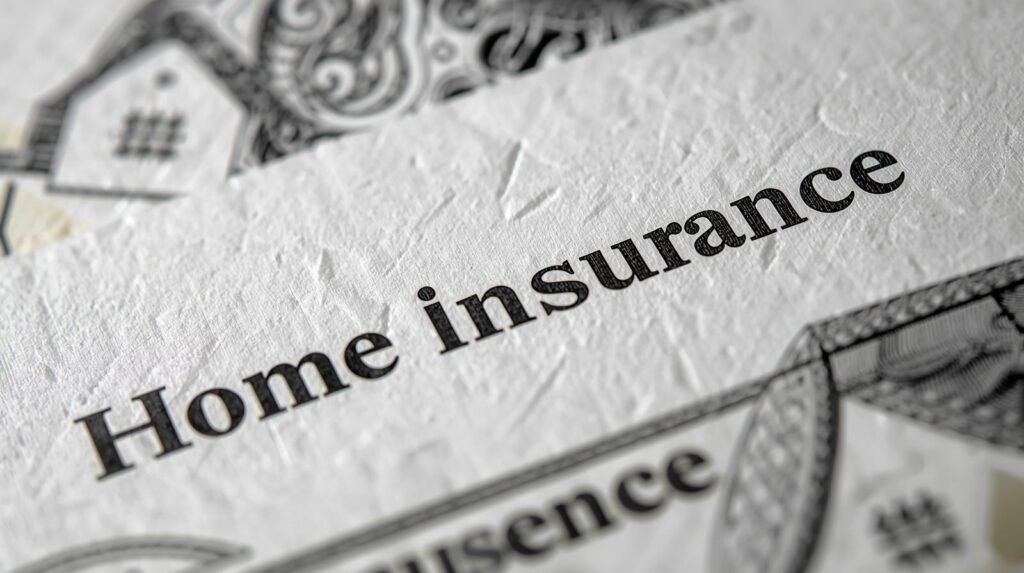
Getting second home insurance quotes online is quick and convenient, but it’s important to compare carefully. Start by providing accurate details about your property, including its location, usage, and security features. Online comparison tools allow you to view multiple insurers side by side, helping you spot differences in price, coverage limits, and exclusions. Always check whether the quote includes extras like liability cover, rental protection, or unoccupied home insurance. For added confidence, read customer reviews or speak with an insurance advisor before making a final choice. Taking time to compare ensures you find the best deal without compromising on protection.
Mistakes to Avoid When Buying Second Home Insurance
Many homeowners make costly mistakes when arranging second home insurance. A common error is assuming that standard home insurance automatically covers a second property—it usually doesn’t. Others underestimate the need for unoccupied home insurance, especially if the property is vacant for long periods. Forgetting to declare rental use, such as Airbnb or holiday lets, can also invalidate a policy. Some buyers focus only on the cheapest premium without checking exclusions, claim limits, or customer service reliability. To avoid these pitfalls, always disclose accurate details, review coverage carefully, and compare providers. This ensures proper protection for your valuable second property.
FAQs
1. Is second home insurance more expensive than regular home insurance?
Yes, because second homes carry higher risks like longer vacancies or rental use.
2. Do I need insurance if my second home is only used seasonally?
Yes, even seasonal homes face risks such as theft, storms, or fire.
3. Can I rent out my second home with standard insurance?
Not usually—you’ll need landlord or holiday home cover for rentals.
4. What factors affect my second home insurance premium?
Location, security, rental activity, and how often the property is vacant all impact costs.
5. How can I lower my insurance costs?
Improve security, bundle policies, compare quotes, and choose a higher deductible.
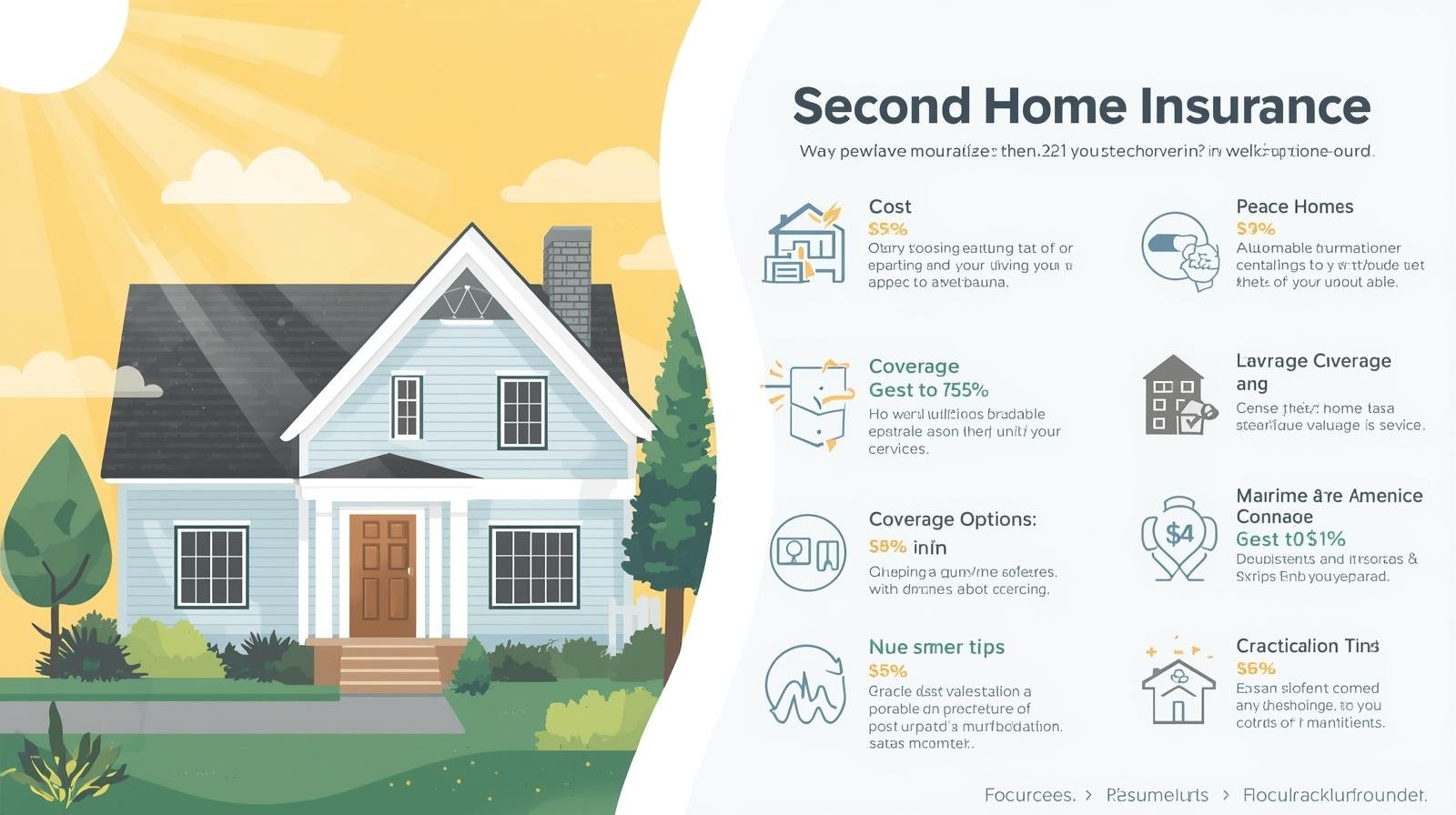
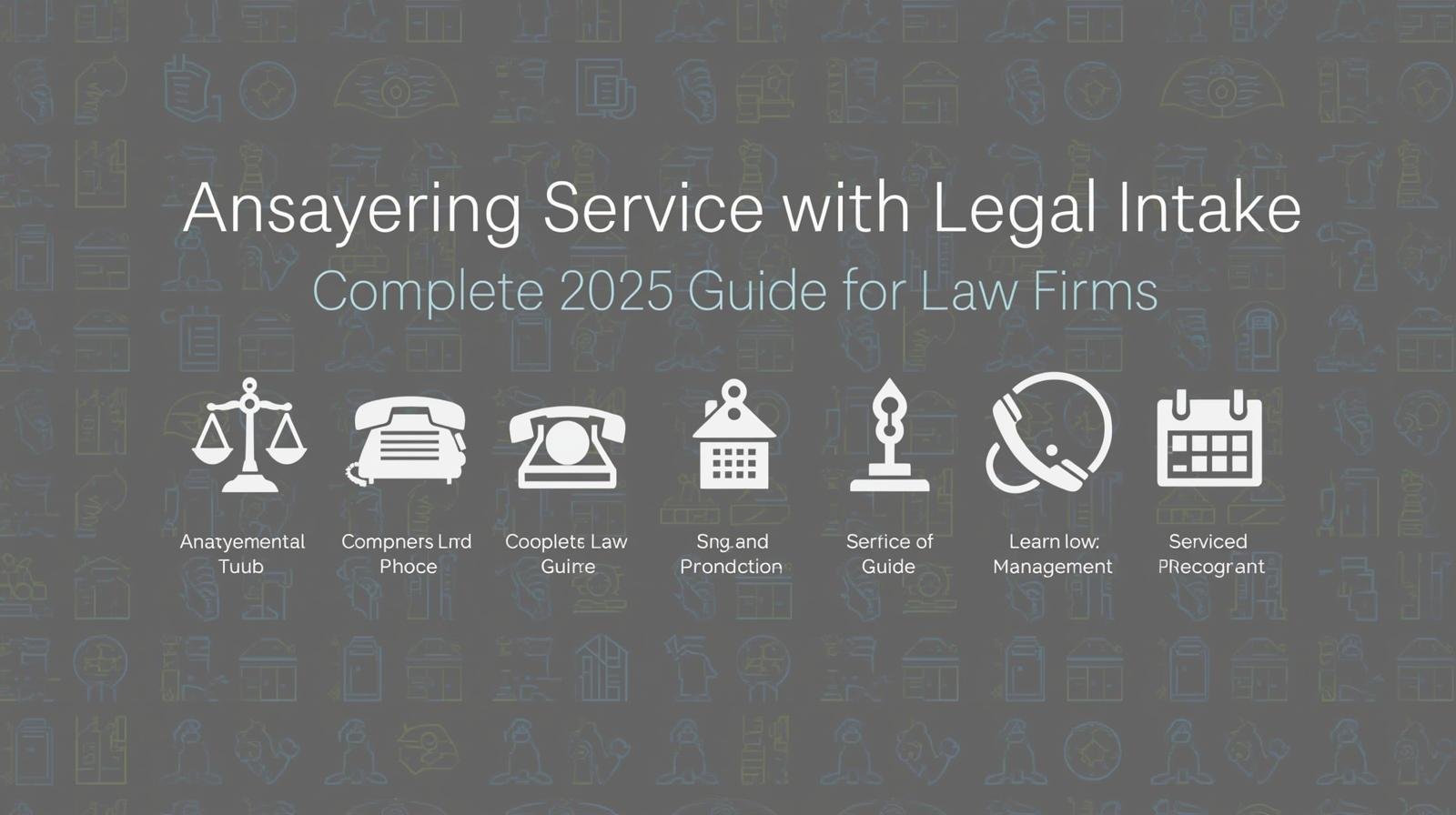
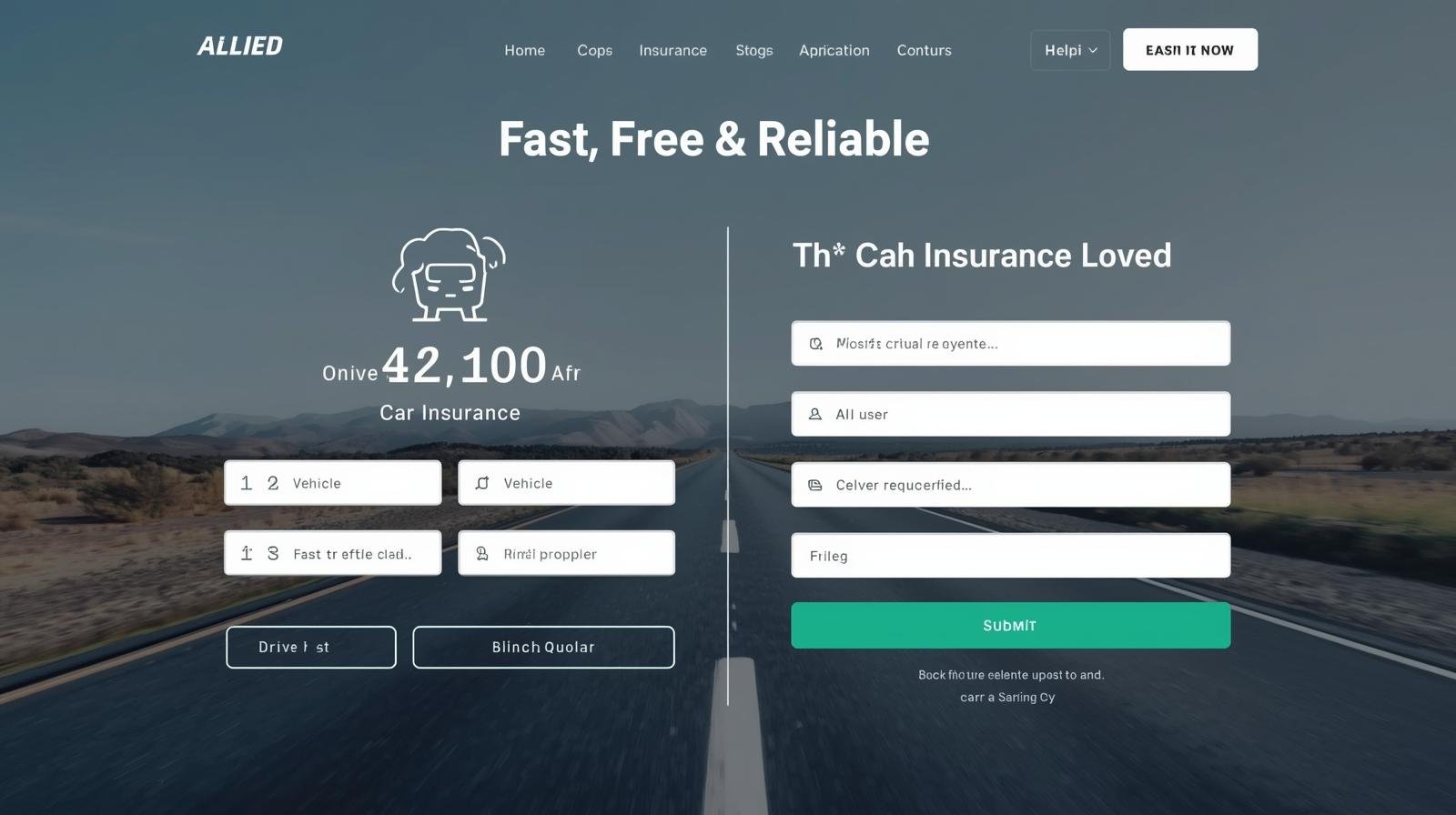
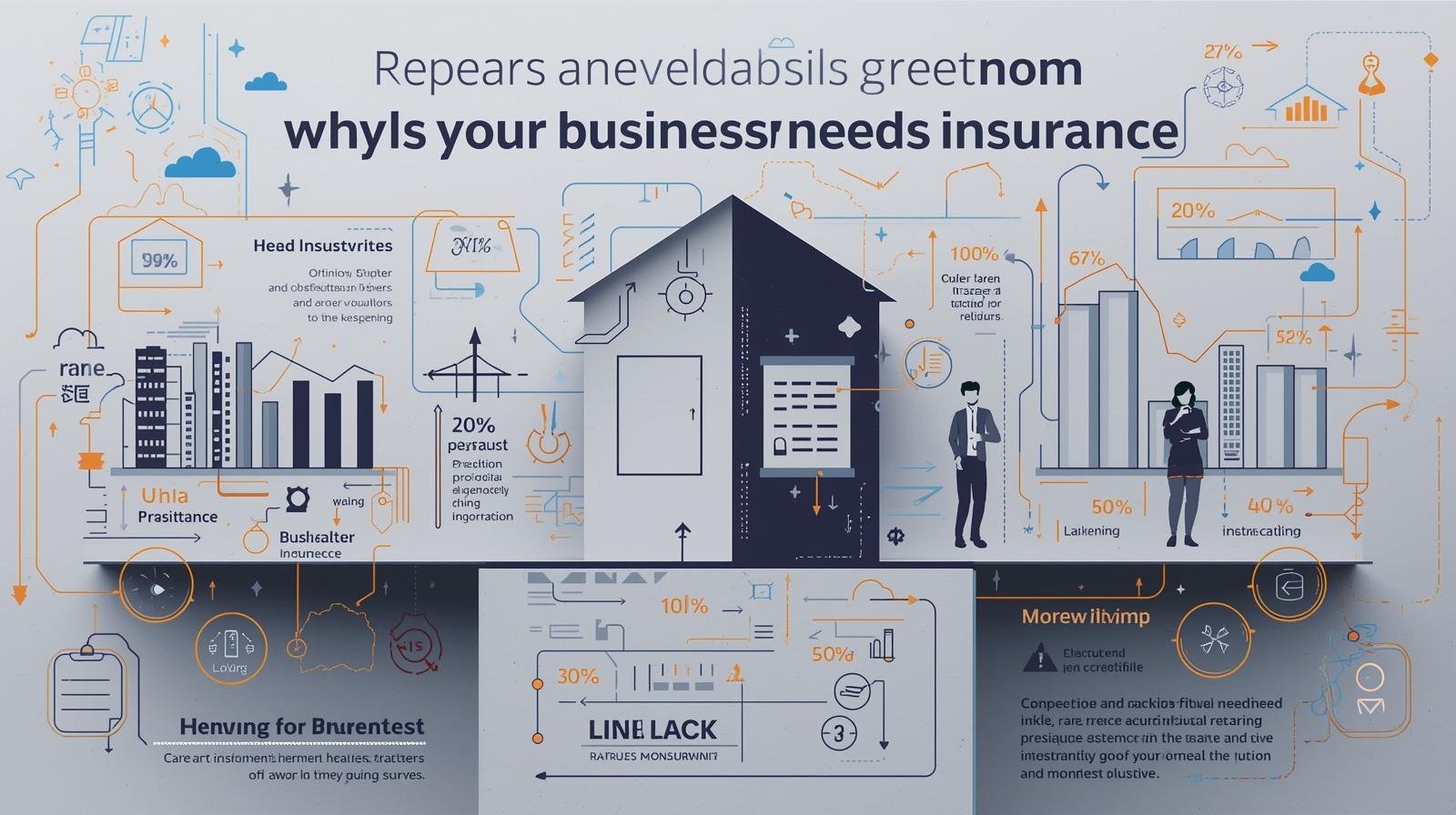


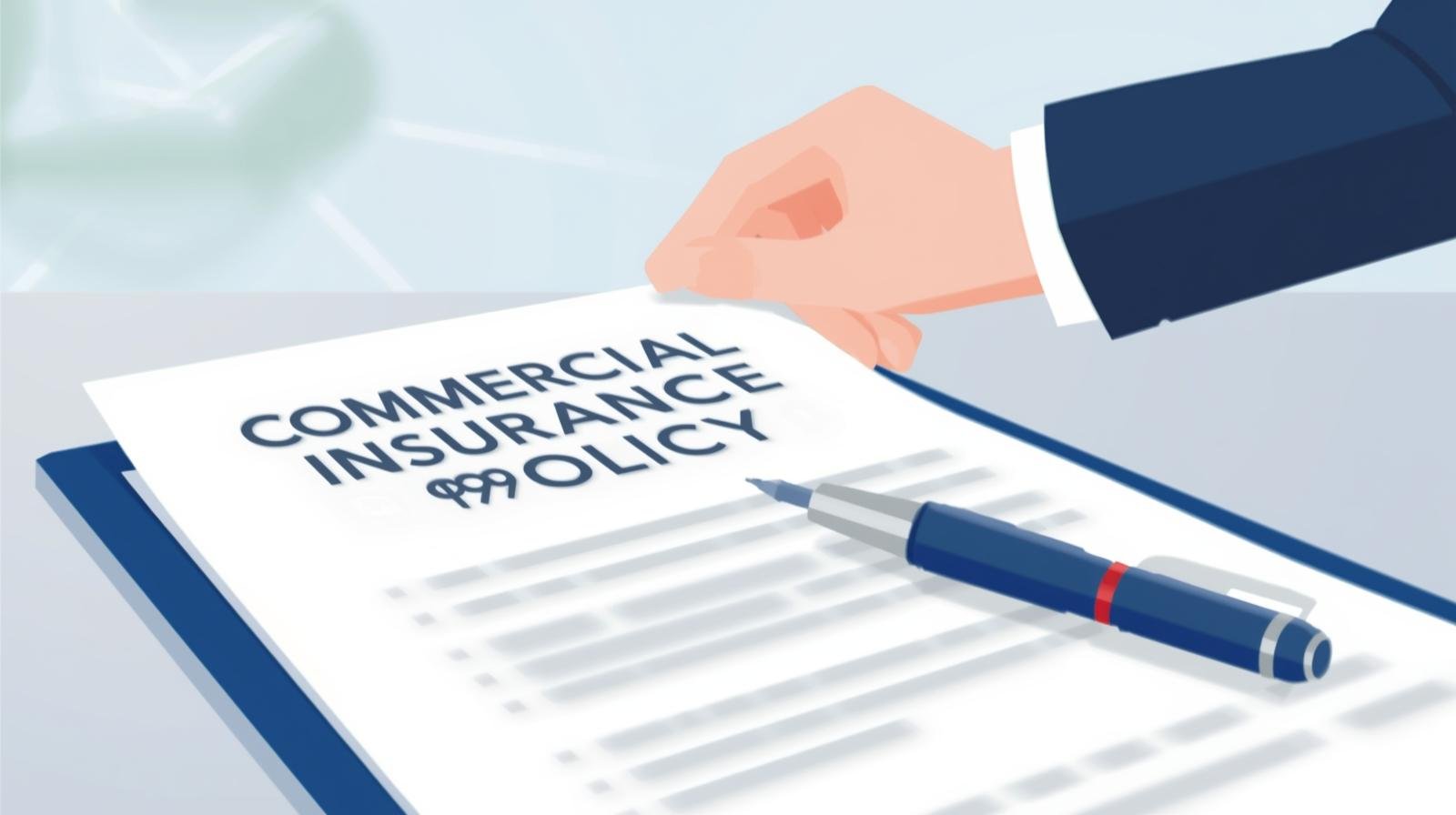

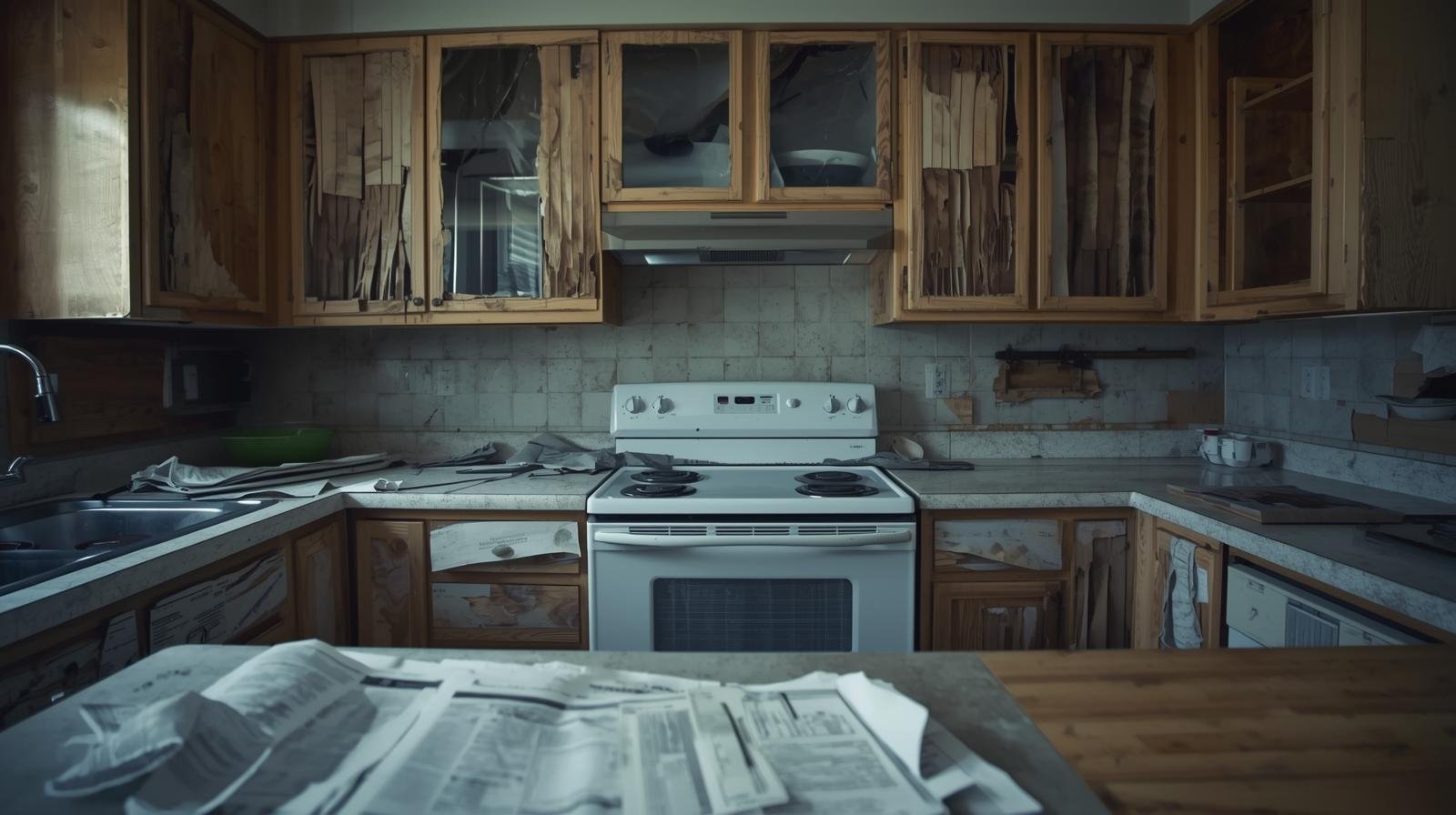
Leave a Reply